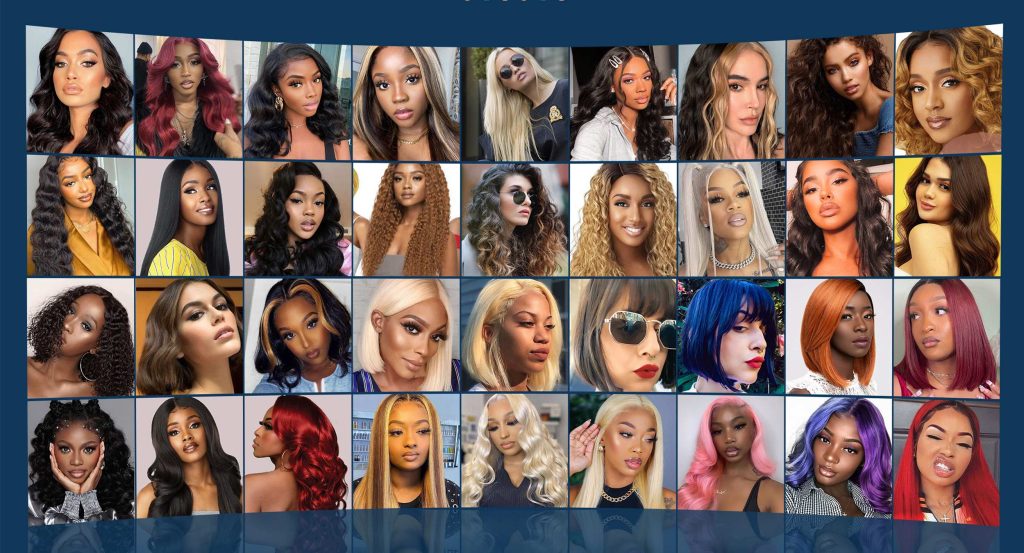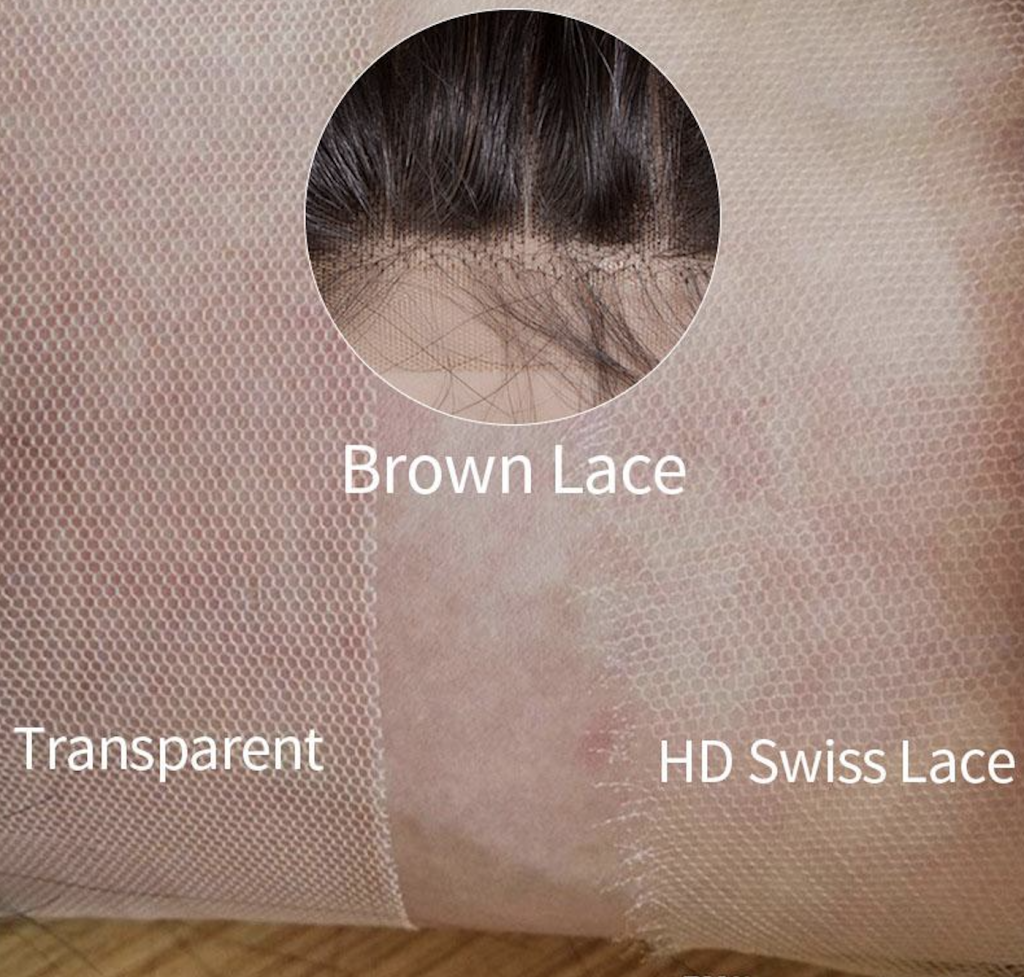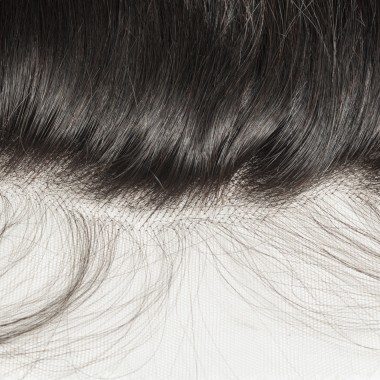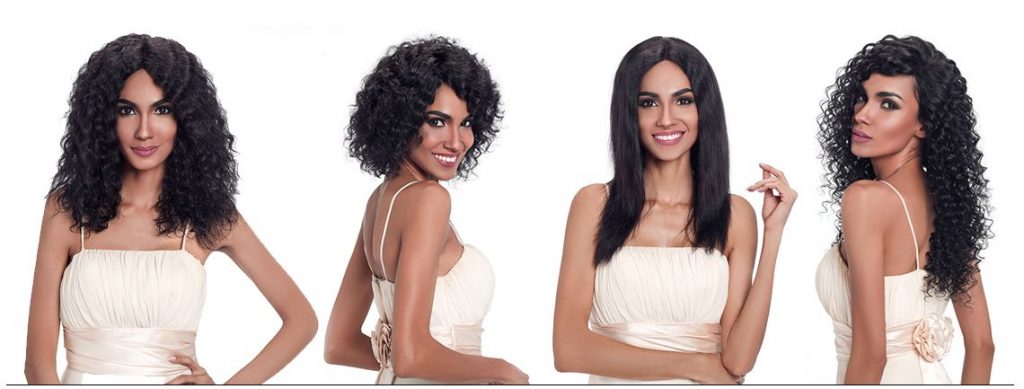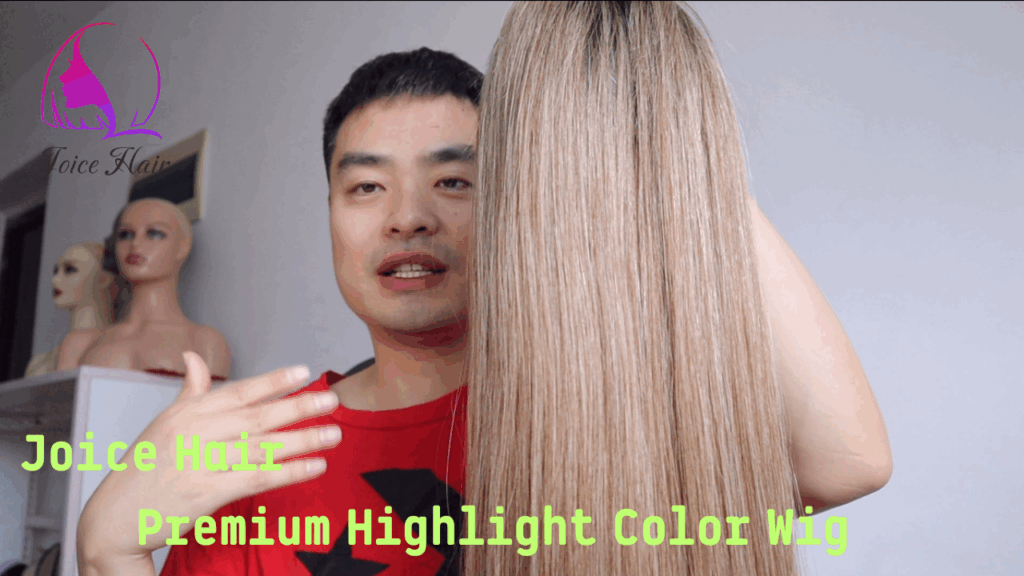If you run a salon or supply clients with extensions, you’ve probably noticed how tricky it is to choose a wholesale Remy hair supplier. Prices vary wildly, some vendors claim “cuticle intact” when it’s not, and minimums can feel designed to trap you into over-ordering.
This guide breaks it down like you’re chatting with a trusted colleague. We’ll look at factories vs resellers, real price benchmarks, what MOQ (minimum order quantity) really means in practice, and how to spot red flags before money leaves your account.
Key Takeaways
- Factories vs Resellers: Factories give you lower costs and customization, while resellers offer speed and easier returns — choose based on your salon’s stage.
- Specs Matter: Double drawn and full cuticle Remy cost more, but last longer and keep clients happier.
- MOQ & Shipping: Minimum order quantities often start at 300–500g, with lead times ranging from a few days (resellers) to 6 weeks (factories).
- Real Price Benchmarks: Expect $28–$40 per bundle for 16–20 inches; hand-tied wefts run $4–$12 per foot depending on origin.
- QC is Non-Negotiable: Always test samples (tug test, water test, batch photos) before committing to a bulk order.
Table of Contents
- Factory Direct vs Resellers – Pros & Cons
- Key Specs: Double Drawn / Full Cuticle / Weft Types / Texture & Origin
- Minimum Order Quantities, Lead Times & Shipping Costs
- Price Benchmarks by Length, Grade & Texture + Real Examples
- Quality Standards & Checking QC (samples, batch photos, cuticle alignment)
- Ethical & Sustainability Considerations
- Get a Wholesale Quote / Compare Supplier Offers
- FAQ
Factory Direct vs Resellers – Pros & Cons
Factory Direct
- Usually lower base price per foot or per bundle.
- More control over specs (weft construction, double drawn ratio, etc.).
- Lead times can be slower (2–4 weeks is common).
- Communication may be less polished — think WhatsApp voice notes at odd hours.
Resellers / Distributors
- Quicker shipping — often stock is on hand.
- Easier returns (especially if U.S. or EU-based).
- Prices are marked up 15–30%.
- Specs are often “pre-set” with less customization.
👉 For a stylist just starting out, resellers can save time and headaches. For established salons with steady demand, factory direct often makes financial sense long-term.
Wholesale Remy Hair Key Specs:
Double Drawn / Full Cuticle / Weft Types / Texture & Origin
Here’s where the jargon gets thrown around, so let’s decode it:
- Double Drawn: Every strand is trimmed so the bundle is thick from root to tip. Costs 20–40% more but clients notice the fullness.
- Full Cuticle: Means hair is aligned root to tip, reducing tangling. Beware: many “cuticle aligned” claims are only partially true. Always ask for batch photos in natural light. More here.
- Weft Types:
- Machine Weft (common, secure, slightly thicker seam).
- Hand-tied Weft (flatter, more natural lay, higher price per foot).
- Texture & Origin:
- Indian Remy: naturally wavy, affordable, lots of supply.
- Vietnamese Remy: strong strands, smooth finish, higher durability.
- European Remy: fine, light, limited availability, most expensive.
Think of it like wine regions — same grape, but the soil changes the taste. Hair is no different.
Minimum Order Quantities, Lead Times & Shipping Costs
MOQ (minimum order quantity) is the silent dealbreaker in wholesale.
- Typical MOQ: 300–500 grams (about 3–5 bundles). Some factories push for 1kg.
- Lead Times: Factories: 2–6 weeks; resellers: 3–7 days.
- Shipping: DHL, FedEx, UPS. Budget $25–$60 for small boxes, scaling with weight.
Pro tip: Always confirm if shipping is included in the invoice — hidden costs can eat your margin fast.
Price Benchmarks by Length, Grade & Texture + Real Examples
Stylists often share ballpark numbers:
- 10–14 inches: $18–$25 per bundle (factory).
- 16–20 inches: $28–$40.
- 22–26 inches: $45–$70.
- 28–30 inches: $80–$120.
Price per foot of hand-tied weft is usually $4–$6 (Vietnamese) and up to $12 (European).
Double drawn full cuticle hair can run 30–50% more than single drawn. Think of it like paying for premium steak versus ground beef — both fill you up, but the quality difference is obvious when clients come back months later.
Quality Standards & Checking QC
Don’t just trust glossy Instagram reels. Here’s what stylists can realistically do:
- Tug Test: Gently pull strands — quality Remy shouldn’t shed excessively.
- Water Test: Wet the bundle. Real cuticle-intact Remy won’t mat into a ball.
- Batch Photos: Compare different bundles from the same lot for consistency.
- Smell Check: Yes, really — chemical-coated hair often has a strong odor that lingers after washing.
Ask for samples first. A $50–$100 test order can save thousands in the long run.
Ethical & Sustainability Considerations
Clients are asking more questions: Was the hair ethically sourced? Were donors compensated? Was bleaching minimized for longevity?
- Indian temples often supply bulk hair, but middlemen aren’t always transparent.
- Vietnamese suppliers usually buy directly from women in rural areas — fairer, but limited.
- European wholesale Remy hair is scarce; any supplier offering “bulk stock” at low prices is a red flag.
Sustainability isn’t just a buzzword. Extensions that last 12–18 months mean fewer replacements, less waste, and happier clients.
Get a Wholesale Quote / Compare Supplier Offers
By now you’ve got the numbers, the specs, and the red flags. The next move? Compare suppliers side by side. Request written quotes, ask for sample bundles, and don’t be shy about negotiating.
At the end of the day, investing in wholesale Remy hair isn’t about chasing the lowest price. It’s about building trust with a reliable salon hair supplier who helps you deliver consistent results to your clients.
(On a personal note: many stylists I know secretly wish they had a partner brand that feels more boutique than factory line. That’s where a service like Joice Hair shines — small enough to care, big enough to deliver. It’s that sweet spot between business and beauty that makes stylists breathe easier.)
FAQ: Wholesale Remy Hair Purchasing
These FAQs are designed to provide answers to your questions from a general point of view.
Are remy hair returns allowed?
Policies vary. U.S. and EU distributors usually allow a 7–14 day return window on unopened bundles. Factory‑direct suppliers in Asia rarely offer returns — they may only replace items if clear manufacturing defects are proven. Always confirm in writing before first orders.
What packaging should I expect for remy hair?
Bulk shipments often arrive in clear poly bags. Mid‑tier and premium distributors may use branded satin bags or boxes, which help with retail presentation. If packaging is important for resale or salon display, ask upfront — many factories can customize packaging for a small add‑on fee.
How long does shipping usually take?
From U.S. or EU distributors, 2–5 business days is typical. Direct factory orders from Asia can take 7–21 days depending on carrier, customs clearance, and order size. Express couriers (DHL/UPS/FedEx) are faster but add cost, while sea freight is slower but cheaper for large volumes.
What’s a realistic minimum order quantity (MOQ)?
Distributors sometimes allow low MOQs (5–10 bundles). Direct suppliers tend to require 1–2 kilograms minimum (roughly 10–20 bundles). For custom textures or colors, expect higher minimums.
How do I know I’m getting genuine Remy hair?
Look for full‑cuticle alignment claims with proof — e.g., factory batch photos, QC videos, or willingness to send small paid samples. Conduct basic in‑salon checks: run fingers down strands (you shouldn’t feel resistance), wash a sample to test shedding and tangling, and tug gently to ensure durability.
How is hair graded, and should I trust the “grade numbers”?
Grades like “7A, 9A, 12A” aren’t global standards — they’re internal marketing labels. The real quality indicators are whether the hair is double drawn, cuticle intact, consistent in texture, and uniform from root to tip. Take grades with a grain of salt and request samples instead. See full guide.
Do suppliers offer colored hair, or do I need to dye it in‑house?
Some wholesale suppliers carry pre‑dyed lines, but custom shades usually add cost and longer lead times. Many stylists prefer buying natural colors (1B or #2) and coloring themselves to maintain control and consistency.
What if a remy hair batch doesn’t match the sample I approved?
Reputable suppliers send detailed pre‑shipment photos or short videos for approval. If the delivered batch looks different, most serious suppliers will negotiate replacements or partial refunds. Make sure such agreements are documented before payment.

